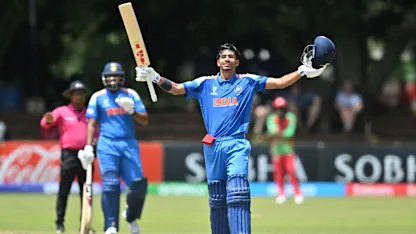News
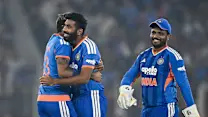
ICC Men's T20 World Cup, 2026
Morkel weighs on India's big strength ahead of T20 World Cup
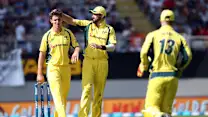
News
Australia’s T20 World Cup winner retires from cricket
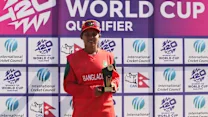
Women’s Rankings
Bangladesh players make ground on latest rankings update
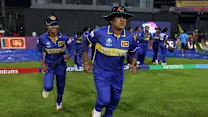
News
Sri Lanka announce six-game tour of the West Indies
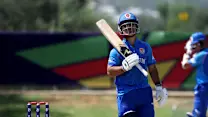
ICC Under-19 Cricket World Cup, 2026
Afghanistan's brutal self-assessment after first U19WC loss
Editor's Picks
ICC World Test Championship
Anderson weighs in on England's tactics at the AshesICC Women's Emerging Nations Trophy, 2025
ICC Women’s Emerging Nations Trophy Day 5 wrapICC World Test Championship
Bavuma in awe of South Africa's 'massive' feat in IndiaICC World Test Championship
ICC World Test Championship 2025-27: State of Play


